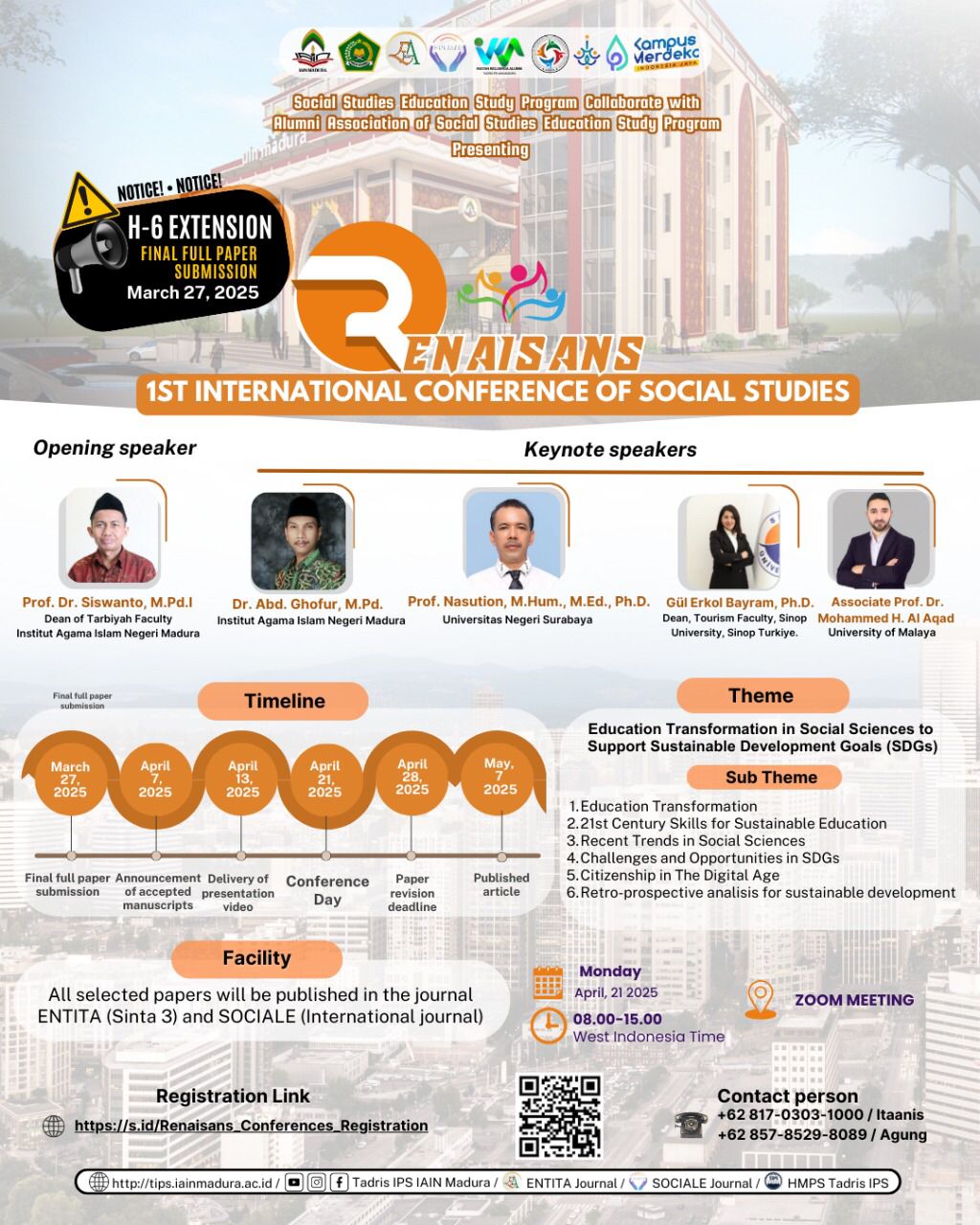Gamification and Interactive Learning: Enhancing Students Engagement and Proficiency Outcomes
 Abstract views: 0
,
Abstract views: 0
,
 PDF downloads: 0
PDF downloads: 0
Abstract
This research investigates the effectiveness of gamification and interactive learning strategies in enhancing student engagement and language acquisition, addressing a critical gap in empirical evidence regarding their impact on motivation and achievement among language learners. Employing a qualitative approach, this study collected data through interview and classroom observations to know the students responses in using innovative method like gamification. The findings reveal that gamified elements, such as point scoring, competition, and interactive tasks, significantly boost student motivation and participation, leading to measurable improvements in language proficiency compared to traditional instructional methods. Furthermore, qualitative feedback from participants reveals that these tactics promote a more dynamic and supportive learning environment, which benefits both educators and students. Finally, the implications of this study advocate for the integration of gamification in language education curricula, suggesting that enhancing engagement through innovative teaching methods can foster greater language competency and readiness for communication challenges, influencing educational practices and policies in the field.
Downloads
References
Chen, C., Jamiat, N., & Mao, Y. (2023). The study on the effects of gamified interactive e-books on students’ learning achievements and motivation in a Chinese character learning flipped classroom. Frontiers in Psychology, 14, 1236297. https://doi.org/10.3389/fpsyg.2023.1236297
Jing Wang. (2024). Innovations in University English Education: New Perspectives across Linguistic Boundaries. Clausius Scientific Press, Canada, 7(5). https://doi.org/10.23977/langl.2024.070503
Li, J. J. (2024). Exploring the Relationship Between Learner Engagement and Language Achievement in Blended Learning Context. International Journal of Learning and Development, 14(4), 30. https://doi.org/10.5296/ijld.v14i4.22245
Li, M., Ma, S., & Shi, Y. (2023). Examining the effectiveness of gamification as a tool promoting teaching and learning in educational settings: A meta-analysis. Frontiers in Psychology, 14, 1253549. https://doi.org/10.3389/fpsyg.2023.1253549
Luo, Z. (2023). The Effectiveness of Gamified Tools for Foreign Language Learning (FLL): A Systematic Review. Behavioral Sciences, 13(4), 331. https://doi.org/10.3390/bs13040331
Maspul, K. A. (2024). Using Interactive Language Development Tools to Enhance Cognitive and Literacy Skills in K-12 Education. J-SHMIC : Journal of English for Academic, 11(1), 20–35. https://doi.org/10.25299/jshmic.2024.vol11(1).15835
Reftyawati, D. (2024). UTILIZING GAMIFICATION STRATEGIES TO IMPROVE LEARNING OUTCOMES AND STUDENTS’ ENGAGEMENT. 5(1).
Sani, J., & Ratri, D. (2024). Analysis of the Effectiveness of Gamification Elements in Mobile-Based English Learning Applications for Elementary School Students. IJLECR - INTERNATIONAL JOURNAL OF LANGUAGE EDUCATION AND CULTURE REVIEW, 10(2), 213–226. https://doi.org/10.21009/ijlecr.v10i2.49483
Shen, Z., Lai, M., & Wang, F. (2024). Investigating the influence of gamification on motivation and learning outcomes in online language learning. Frontiers in Psychology, 15, 1295709. https://doi.org/10.3389/fpsyg.2024.1295709
Wahid, A. (2024). Gamified Learning Platforms: Enhancing Student Engagement and Achievement in Hybrid Classrooms.
Copyright (c) 2025 Entita: Jurnal Pendidikan Ilmu Pengetahuan Sosial dan Ilmu-Ilmu Sosial

This work is licensed under a Creative Commons Attribution-NonCommercial 4.0 International License.
ENTITA: Jurnal Pendidikan Ilmu Pengetahuan Sosial dan Ilmu-Ilmu Sosial operates an Open Access policy under a Creative Commons Non-Commercial 4.0 International license. Authors who publish with this journal agree to the following terms:
- The copyright of the received article once accepted for publication shall be assigned to the journal as the publisher with licensed under a

- Journal is able to enter into separate, additional contractual arrangements for the non-exclusive distribution of the journal's published version of the work (e.g., post it to an institutional repository or publish it in a book), with an acknowledgement of its initial publication in this journal.
- Journal is permitted and encouraged to post their work online (e.g., in institutional repositories or on their website) prior to and during the submission process, as it can lead to productive exchanges, as well as earlier and greater citation of published work (see The Effect of Open Access).
- Here is Copyright Transfer Form that author can download and send to OJS during submission.

















